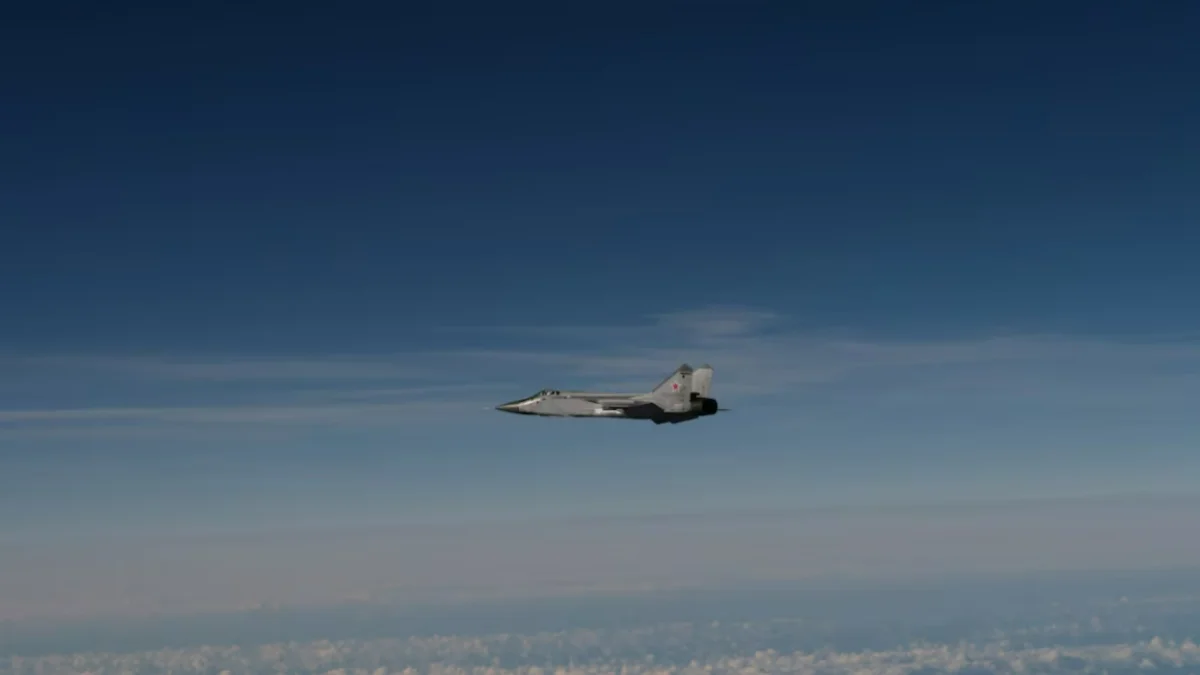Unprecedented Escalation: Russian Jets Breach Estonian Airspace, Tallinn Invokes NATO Article 4
Tallinn, Estonia – Tensions on NATO's eastern flank have reached a new flashpoint after three Russian MiG-31 fighter jets violated Estonian airspace over the Gulf of Finland for a striking 12 minutes on Friday. Estonian officials immediately branded the incident as "unprecedentedly brazen," swiftly summoning a Russian diplomat to lodge a strong protest.
Crisis Response: Article 4 Invoked
The sheer gravity of the incursion prompted the Estonian government to formally request urgent consultations under Article 4 of the North Atlantic Treaty. This pivotal clause allows any NATO member to seek discussions when they believe their territorial integrity, political independence, or security is threatened.
Estonian Prime Minister Kristen Michal declared the violation "totally unacceptable" and stressed the need for a "united and strong" NATO response. Foreign Minister Margus Tsahkna noted this was the fourth Russian airspace violation this year, but this specific incursion involving three fighter jets was a significant escalation. He warned that Moscow's "increasingly extensive testing of boundaries" must be met with increased political and economic pressure.
NATO Scrambles F-35s
The violation, which occurred near Vaindloo Island, triggered a rapid and robust response from the transatlantic alliance's air policing mission.
Italian Air Force F-35 fighter jets
deployed as part of the NATO Baltic Air Policing Mission, were immediately scrambled from Ämari in Estonia. The NATO jets intercepted the Russian aircraft, which Estonian officials stated did not have flight plans, had their transponders off, and were not in communication with air traffic control.
A NATO spokesperson confirmed the swift action, calling the incident "yet another example of reckless Russian behaviour and NATO's ability to respond." The North Atlantic Council is set to convene early next week to discuss the incident in detail and coordinate a unified response.
Moscow's Denial vs. Western Condemnation
While the Russian Defense Ministry has denied violating Estonian airspace, claiming the three MiG-31s were on a routine, scheduled flight over the neutral waters of the Baltic Sea and flew in "strict conformity with the International Rules for the Use of Airspace," the incident has drawn sharp condemnation from NATO and EU capitals.
- Ukrainian President Volodymyr Zelenskyy called the action "outrageous," warning these are "not accidents" but part of a systematic campaign.
- The European Union's top diplomat, Kaja Kallas, called it an "extremely dangerous provocation" that "further escalates tensions."
This incident follows closely on the heels of a recent Russian drone incursion into Polish airspace, further raising fears that the war in Ukraine could spill over into alliance territory. Many observers now view this as President Vladimir Putin's continued strategy of testing the West's resolve.
- Estonia’s action highlights the importance of collective defense under NATO
- Russian airspace violations are part of a pattern of military provocations
- NATO’s response will shape regional security and deterrence posture in the Baltic



